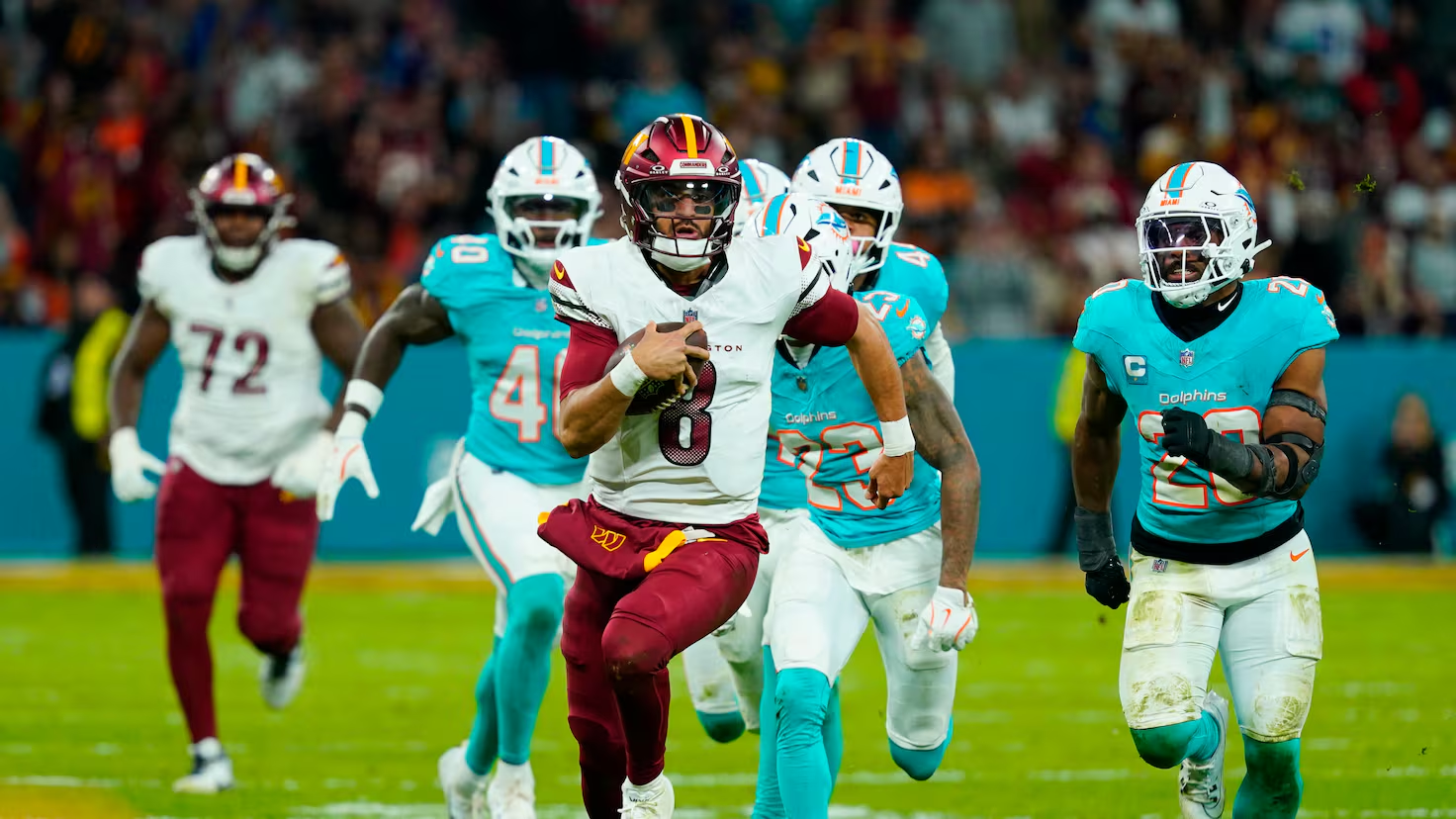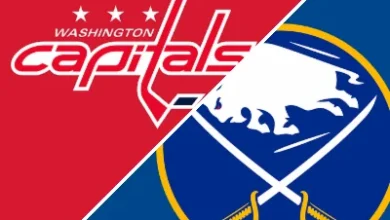NFL regular season overtime rules for 2025: Ensuring fair play and exciting OT

The National Football League introduced sudden-death overtime in 1974 and the rules governing the extra phase of the game have evolved greatly over the past 50 years.
The most recent change came in 2025 and these are the current overtime rules.
New postseason NFL overtime rules
At the end of regulation, there is a coin toss to determine who gets the ball first in overtime.
The NFL’s changes to overtime rules for postseason games was designed to address concerns about fairness in high-stakes situations. Here’s a closer look at the changes…
Equal opportunity for possession after a touchdown: No more than one 10-minute period will follow a 3-minute intermession. Each team must have the opportunity to possess the ball. The exception: if the team kicking off to start the overtime period scores a safety on the receiving team’s initial possession, in which case the team that kicked off is the winner.
Evan McPherson of the Cincinnati Bengals reacts after converting an extra point in the fourth quarter against the Minnesota Vikings.JEFF DEAN
After each team has had an opportunity to possess the ball, if one team has more points than its opponent, it is the winner. If the team that possesses the ball first does not score on its initial possession, or if the score is tied after each team has had its opportunity to possess the ball, the team that scores next, by any method, is the winner.
- Each team gets two timeouts.
- If the score is still tied at the end of the overtime period, the result of the game will be recorded as a tie.
- There are no instant replay coach’s challenges; all reviews will be initiated by the replay official.
Justin Tucker of the Baltimore Ravens kicks an extra point against the Pittsburgh Steelers.JUSTIN K. ALLER
What is the longest overtime in NFL history?
Although the rules allow for it, there has never been a third overtime period in NFL history. Most overtimes are concluded within the first period, with a small percentage extending slightly into a second. One, however, lasted longer.
A 1971 meeting between the Dolphins and the Chiefs lasted over 80 minutes. The game finished 24-24 at the end of the regulation 60 minutes and the first period of OT went scoreless as both teams failed in their attempts to convert a field goal.
The game dragged into a second overtime period and was only brought to a close when, midway through that second period, Miami’s Garo Yepremian scored a 37-yard field goal to clinch the win. The Dolphins went on to lose to the Cowboys in that year’s Super Bowl but they came powering back, winning the next two championships and recording the only perfect season in NFL history.
Related stories
Get your game on! Whether you’re into NFL touchdowns, NBA buzzer-beaters, world-class soccer goals, or MLB home runs, our app has it all.
Dive into live coverage, expert insights, breaking news, exclusive videos, and more – plus, stay updated on the latest in current affairs and entertainment. Download now for all-access coverage, right at your fingertips – anytime, anywhere.




![2025 Jiangxi Open: Parks [65th] vs. Blinkova [95th] Prediction, Odds and Match Preview](https://cdn1.emegypt.net/wp-content/uploads/2025/10/2025-Jiangxi-Open-Parks-65th-vs-Blinkova-95th-Prediction-Odds-390x220.webp)